A new microwell chip holds promise for screening immunotherapy drugs with the added bonus that it can include a patient’s own cells for optimized treatment planning.
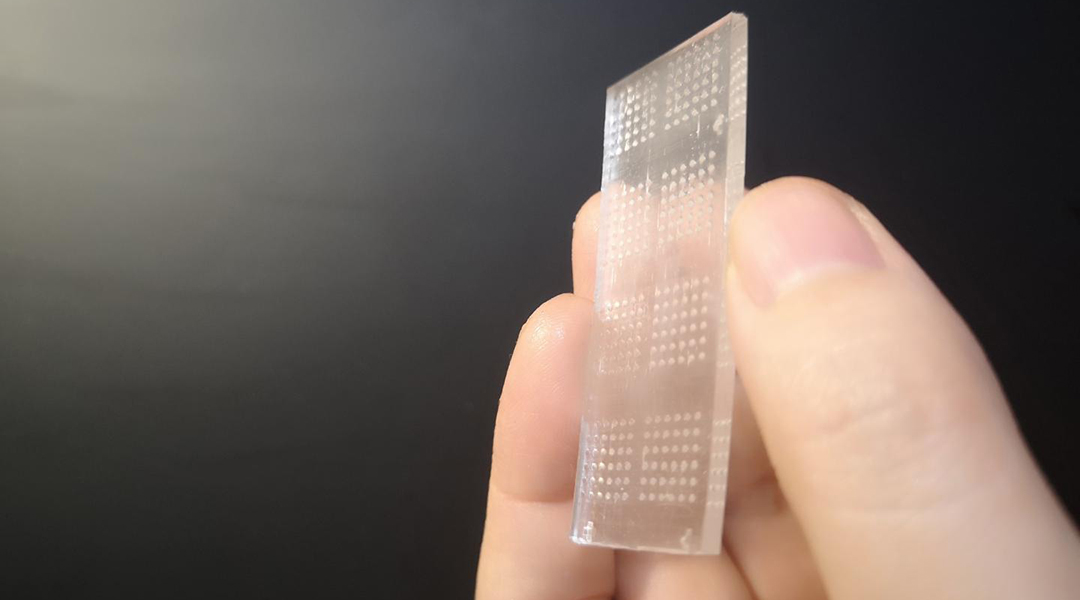

A new microwell chip holds promise for screening immunotherapy drugs with the added bonus that it can include a patient’s own cells for optimized treatment planning.
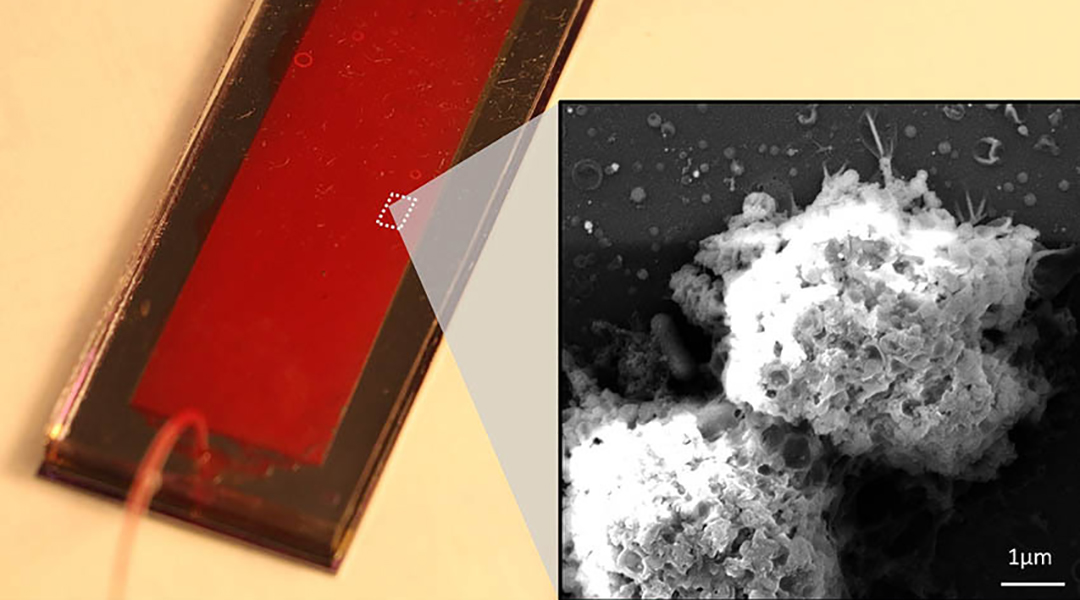
Engineers and oncologists teamed up to develop a microfluidic chip capable of capturing the body’s natural killer immune cells to harvest their cancer-killing exosomes.

Creating antiviral drugs to help treat infected patients is more important than ever. Now, researchers report a non-toxic macrocycle antiviral agent that shows high efficacy against several influenza strains.
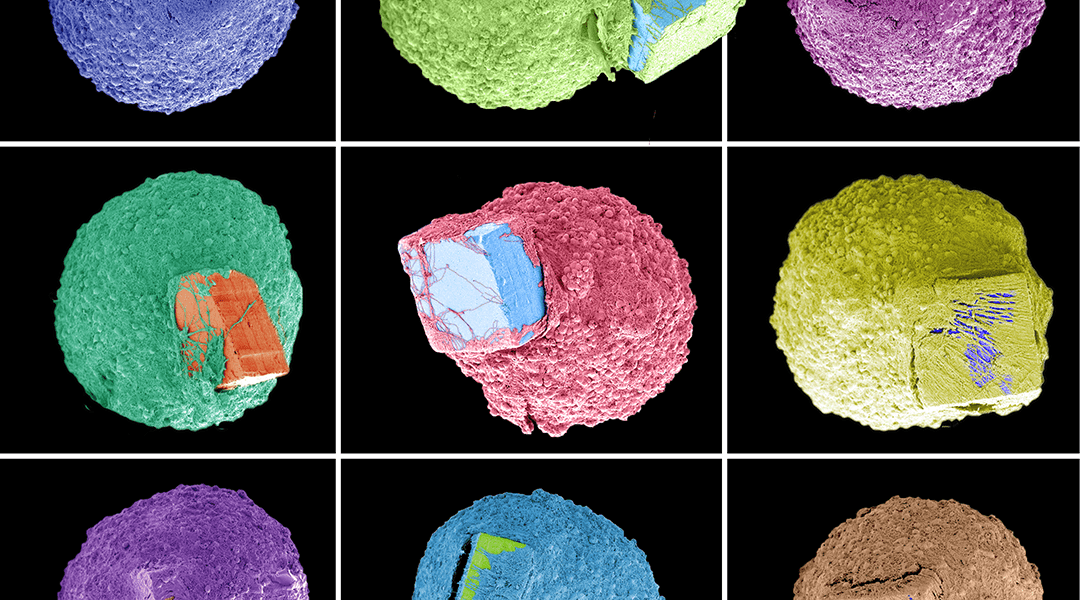
Researchers successfully grow 3D brain tissue on fully-integrated microchips for neural biosensing applications.
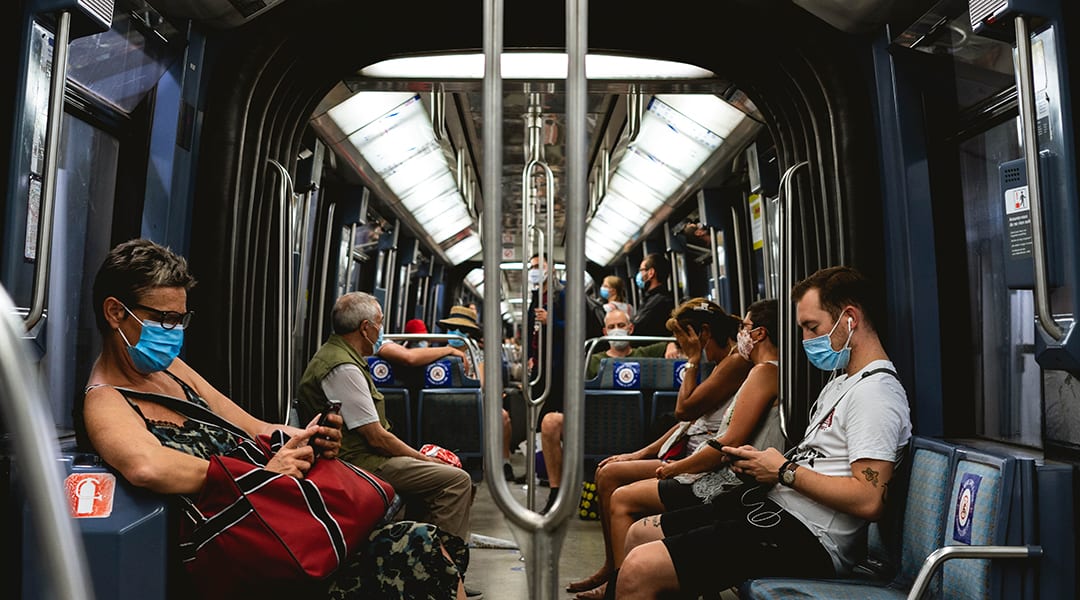
Developments in pathogen-detecting materials could provide an easy means of detecting viruses within public places.
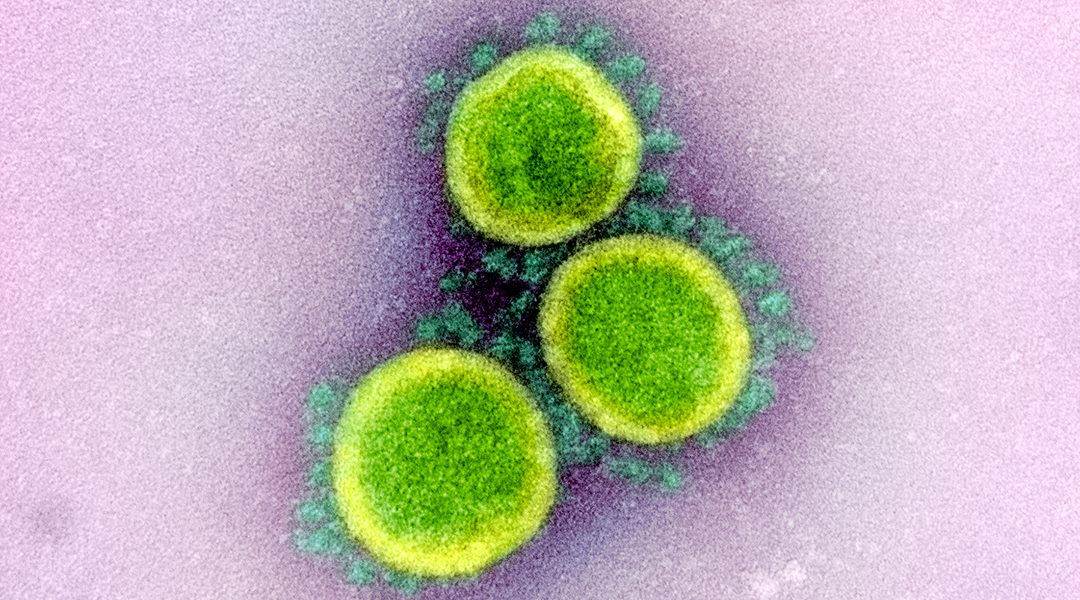
Researchers enhance the immune response against the receptor binding domain of SARS-CoV-2 by presenting it on liposomes, providing a promising strategy for vaccine development targeting this domain.
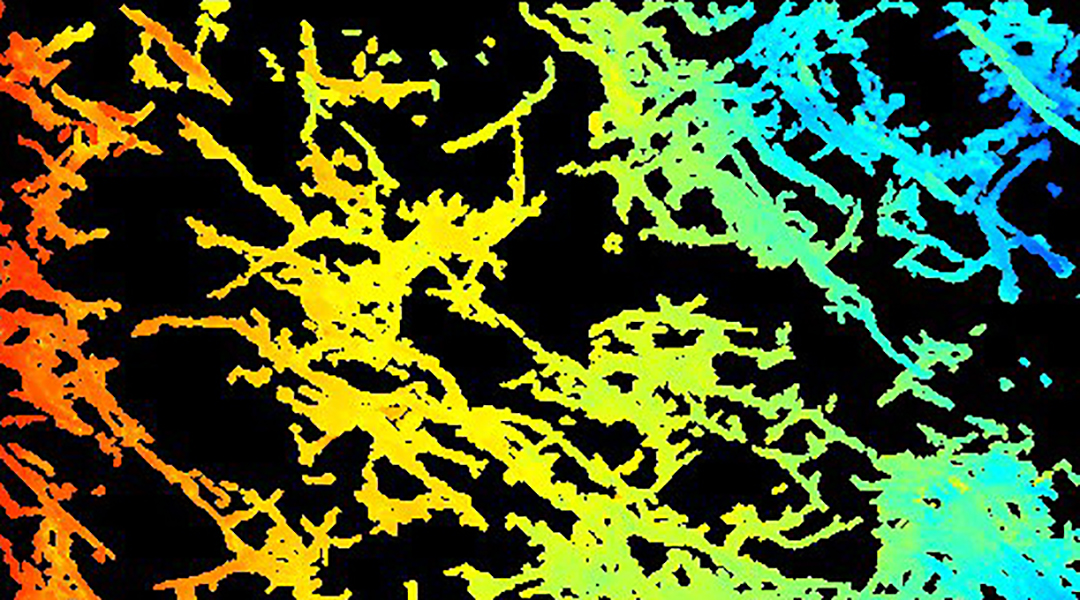
How can computational modeling help to better understand and predict when the power cells of our gut fail?
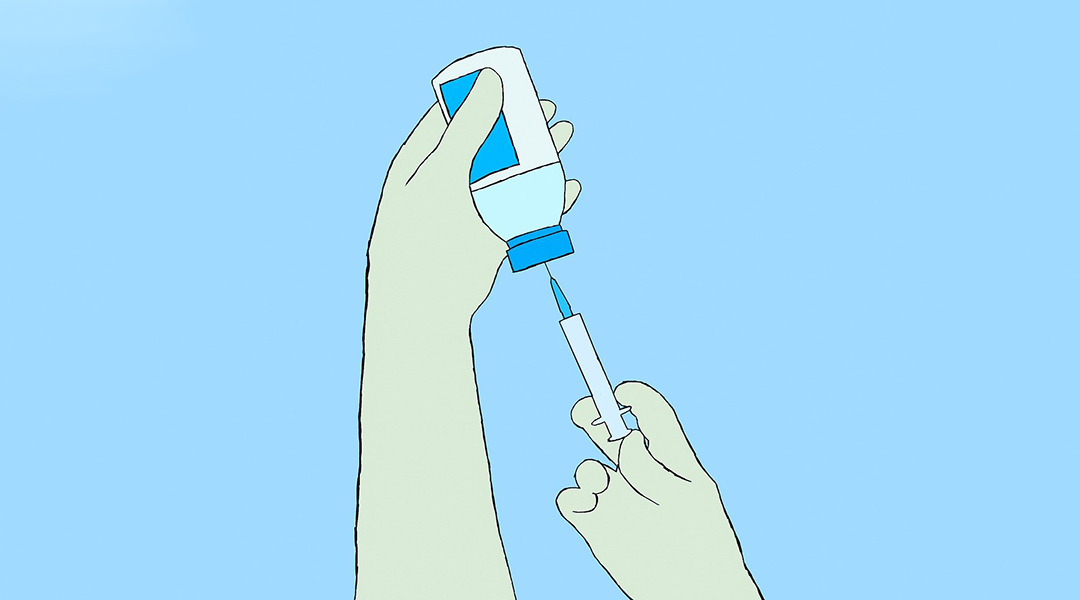
With computer models and lab experiments, researchers are working on a strategy for vaccines that could protect against any influenza virus.
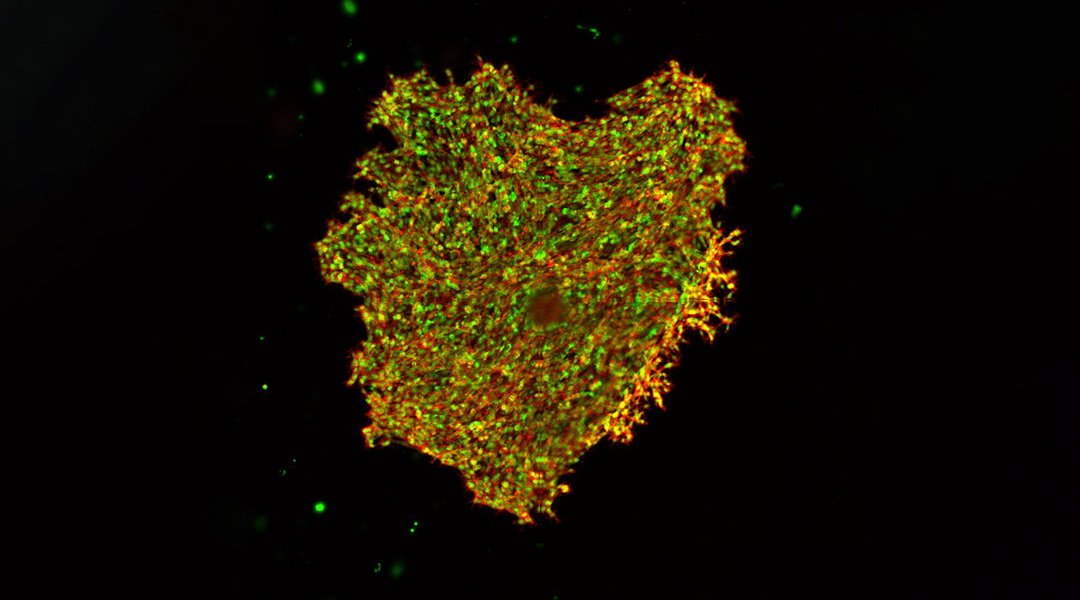
Researchers engineer a hydrogel that recapitulates biophysical changes in the tissues surrounding tumors to investigate how stiffness impacts the mobility of invasive and non-invasive cancer cells.
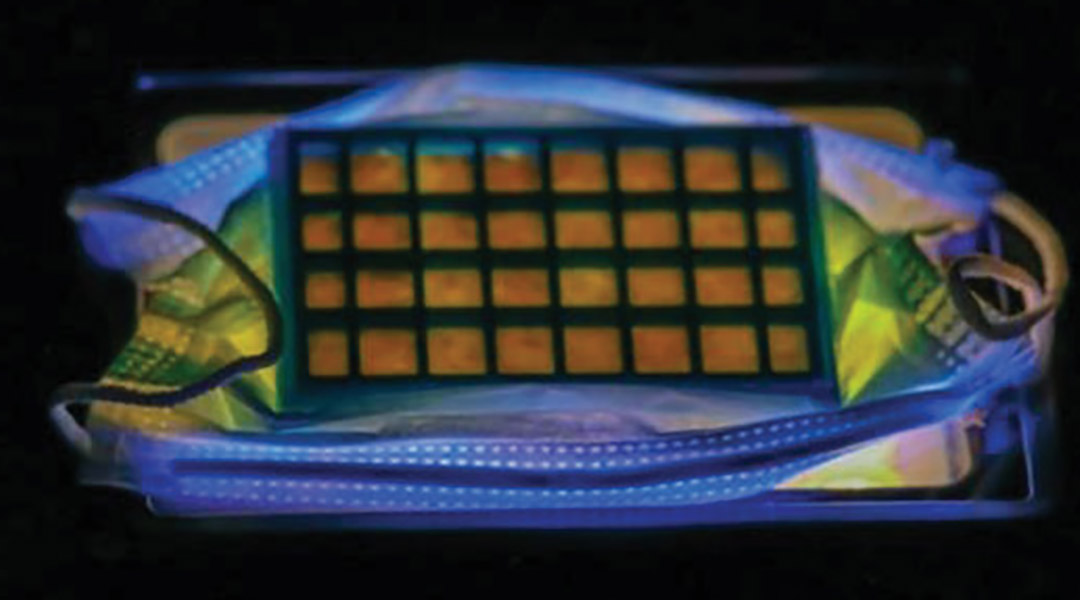
Researchers develop a reusable filter paper made from titanium dioxide nanowires that is capable of trapping and killing pathogens like the SARS-CoV-2 virus.